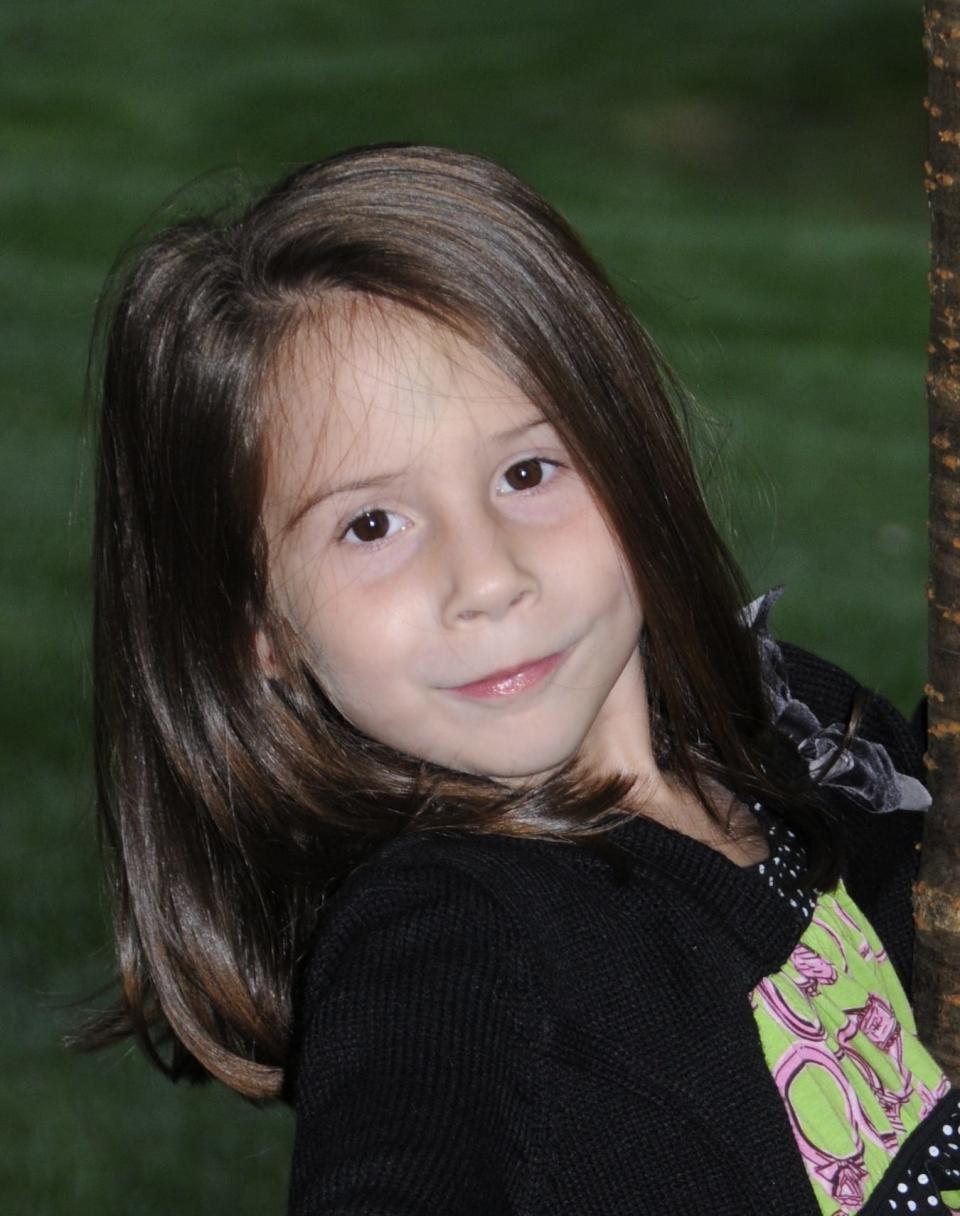Gov. Hochul, this is why you must sign New York's Grieving Families Act | Opinion
The day my 6-year-old daughter, Gianna, died started off just like any other day. She headed off to her YMCA day camp in Putnam County with her younger sister, just as she had every day that summer, and I went to work on a construction site.
She previously failed the camp’s swim test, and, without our knowledge, the camp swim tested Gianna again. When given the unauthorized swim test, Gianna could not keep her head above water, she struggled, her head went underwater and her heart went into arrhythmia.
No nurse was on duty, despite representations that there was one on duty every day. After Gianna collapsed, the camp personnel waited ten minutes to call 911, when the nearest ambulance was 20 minutes away. No one used the defibrillator on-site, even though 10 employees were supposedly trained to use it. It turned out that the on-duty camp “nurse” and “health director” who was supposed to be taking care of Gianna and all other campers, was a 21-year-old nursing student.

Gianna never came home again. She was just days away from her seventh birthday, and our family’s lives were torn apart by Gianna’s death. Not a day goes by that I do not feel the heart-wrenching loss of my beautiful daughter.
If the camp had staff with adequate medical training and safety protocols, as they said they did, my daughter would still be alive today. Though nothing could bring her back, I dedicated myself to making sure other families were spared this unimaginable pain. But I soon learned there was not much I could do to hold the camp accountable for this abject failure. The only legal option I had was a wrongful death lawsuit, but in New York State, recovery in these cases is largely based on the income of the deceased. Gianna was just a 6-year-old child and, of course, she didn’t have any income. New York law does not recognize the grief that families, like mine, experience every day.
No amount of money is going to wipe away the anguish my family and I still feel. But we all know that money talks — an organization will only change its ways when faced with the threat of financial consequences. That is why we need to change the wrongful death law, to safeguard against negligent events from re-occurring and to allow families and loved ones to bring a case based on their own pain and suffering. Many other states already have these protections in place, ensuring that loved ones can sue based on their grief and anguish, but not New York, which makes no sense.
I have spent over 10 years living with the agony that my daughter’s life could have been saved. Meanwhile, the camp quickly moved on and faced no significant consequences. To this day, the camp never explained how it planned to change its policies and procedures. If my daughter had been a Wall Street banker or a business executive, the negligence that led to her death would not have gone unchecked.
Luckily, there is a glimmer of hope for families like mine. Last year, the Grieving Families Act (Senate Bill S74A and Assembly Bill A6770) was passed with overwhelming, bipartisan support in the State Senate and Assembly. This bill will modernize New York’s wrongful death statute by allowing families to bring claims for their own emotional suffering against those who are proven to have acted negligently. The bill would remove the barrier that requires the victim to have a high income for negligent parties to face meaningful consequences for their negligent actions/inactions.
If the governor fails to sign this bill, it will send a very clear message to New Yorkers that she is more concerned with protecting the interests of giant healthcare companies and the insurance industry than protecting families. From what I understand, family is very important to the governor. If that’s true, then it is time for the governor to sign the Grieving Families Act into law, taking the final step we need to ensure that families like mine can hold negligent parties accountable — regardless of how much money the victim earned.
John Balog lives in Katonah.
This article originally appeared on Rockland/Westchester Journal News: Gov. Hochul, this is why you must sign New York Grieving Families Act

